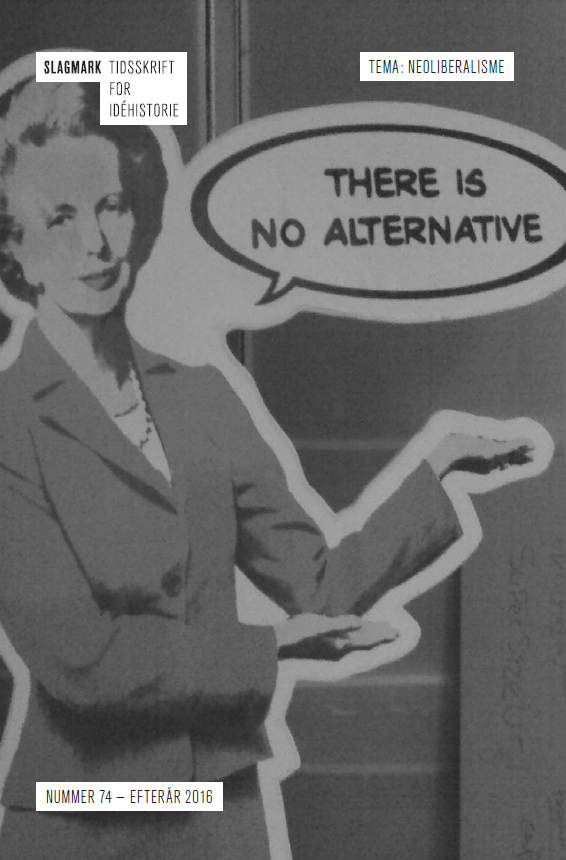Ulighed for alle - Ulighedspersepktiver i neoliberalismen fra 1930'erne til i dag
DOI:
https://doi.org/10.7146/sl.v0i74.122927Nøgleord:
Neoliberalism, Inequality, Freedom, State, MarketResumé
By exploring the ways in which inequality has been represented in neoliberal ideology and how neoliberal views of inequality have changed, this article illuminates some essential discrepancies and contradictory beliefs in the neoliberal thought collective. The paper argues that the views of inequality underwent fundamental changes from the early neoliberals of the interwar period to the later neoliberals of the post-War era. These changes are in part understood by different conceptions of liberty, the relation between the state and the market, and beliefs about the public interest. The early neoliberals problematized the relation between inequality and
power, which they saw as a potential threat to the credibility of the fundamental freedom rights upholding the democratic society. This changed with the late neoli-
berals, for whom inequality became a value in itself, connected to liberal notions of competition, diversity, and progress. Inequality was now to be celebrated, repre-
sented, and measured as a sign of the free society and the well-functioning market.
Downloads
Publiceret
Citation/Eksport
Nummer
Sektion
Licens
Ophavsretten til artiklerne i Slagmark deles mellem forfatter og Forlaget Slagmark.
Artikler og tekstmateriale publiceret i Slagmark må citeres, downloades og videresendes for ikke-kommerciel brug, under forudsætning af normal akademisk reference til forfatter(e) samt tidsskrift, årgang, nummer og sider.
Brug og distribution af tekstmateriale både i form af papirkopier og elektroniske kopier, til undervisningsbrug på uddannelsesinstitutioner og intern brug er tilladt efter aftale med Copydan Tekst & Node. Brugen skal ske inden for aftalens rammer.
Artikler og tekster må kun genudgives med eksplicit tilladelse fra forfatter(e) og tidsskriftet med en anerkendelse af værkets første publicering i nærværende tidsskrift.





